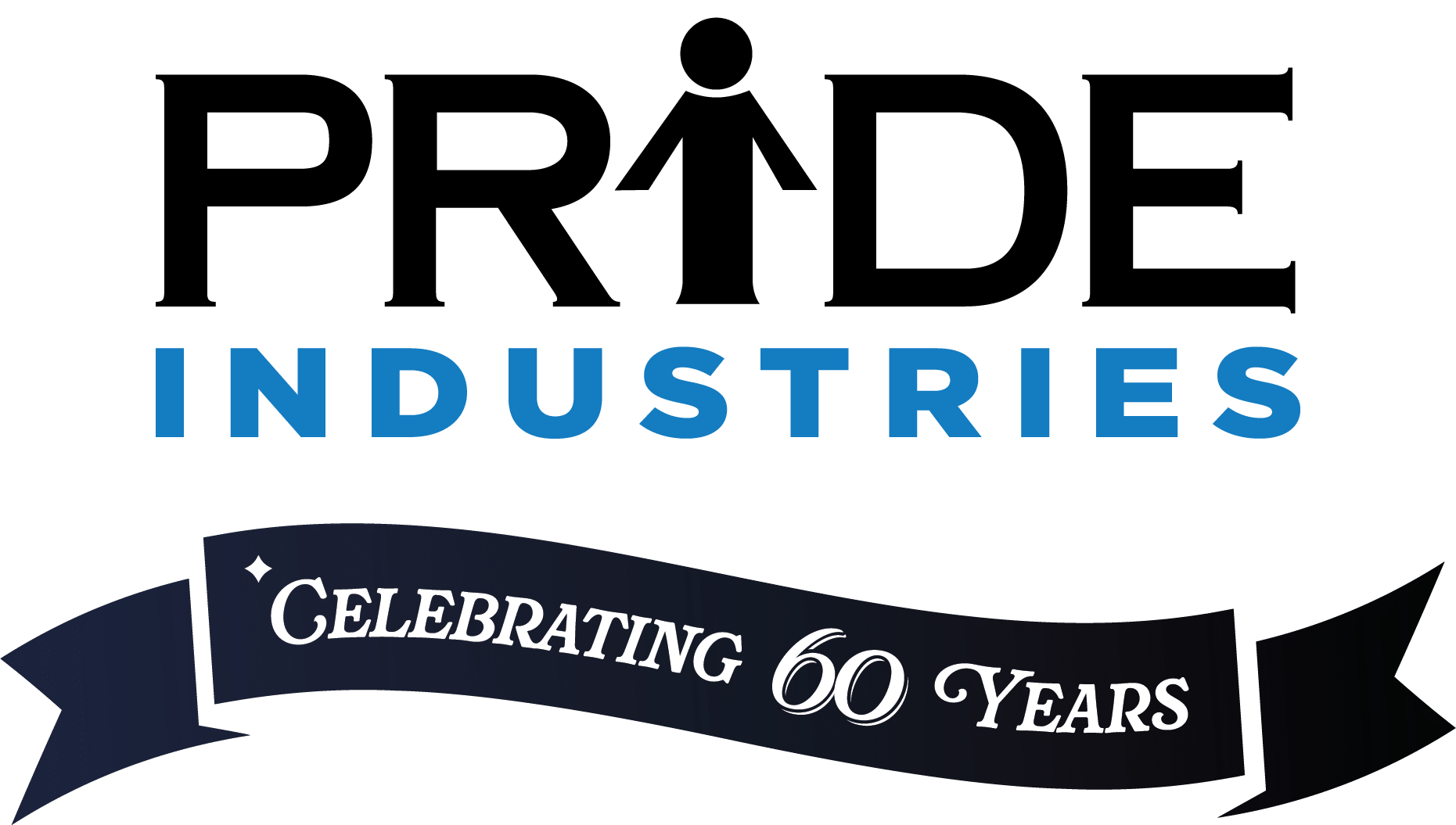The following article was featured in the American Equity Underwriters (AEU) 2019 Annual Report:
Roseville, California-based PRIDE Industries is the largest non-profit employer of people with disabilities in the United States. Their FOSSAC unit, which is part of supply and support for the Navy in San Diego, has been an ALMA member since 2012.
One evening in 1966, four parents were chatting in the basement of a church nestled in the Sierra Nevada Mountains. The parents faced a common challenge: their teenage children all had some form of disability. Their conversation revolved around how to give their children a purpose in life as they entered adulthood. That discussion laid the foundation for PRIDE Industries, which would become the United States’ largest non-profit employer of people with disabilities, wounded veterans, and anyone with barriers to employment.
PRIDE’s mission serves a real need among an underserved population. Today, one-in-five Americans have a disability, and two-thirds of working age Americans with disabilities are unemployed. People with disabilities represent the single largest and most diverse minority in the country.
Businesses and government agencies contract with PRIDE Industries for a wide range of services, including kitting, fulfillment and distribution, manufacturing services, supply chain management, facility maintenance, custodial and environmental services, and more.
When starting his job at PRIDE 10 years ago, corporate safety director Kevin Melton set out to address significant safety concerns at an operation called FOSSAC. “It was one of the most unsafe sites in the entire PRIDE organization,” explained Melton. “They were considering dropping it.”
As PRIDE’s sole longshore operation, FOSSAC—which stands for Fitting Out and Supply Support Assistance — loads provisions onto ships for the U.S. Navy. The Navy designs vessels for minimal manning, so they don’t have the workforce available to break away and load provisions while in port. At three Naval bases in San Diego, California, FOSSAC steps in to help.
Melton’s first step was hiring Safety Manager Aaron Puente, a retired Navy chief with 24 years of service. Puente made it his mission to rebuild the entire safety culture of FOSSAC and its 105 workers, 95 of which have a disability or another barrier to employment.
Ten years later, Puente is still leading safety at FOSSAC, ensuring workers load ships effectively, efficiently, and safely. “We monitor everything, from provisions on the pier to loading the ship through passageways and PRIDE’s dedication to safety and implementing loss control recommendations at FOSSAC paid off when they were recognized with a 2017 AEU Safety Award. down into the storerooms,” explained Puente. “Not every load is the same, so we have to determine the route and assess hazards before the work starts and do a safety briefing before anyone comes onboard.”
Before loading begins, Puente or one of his safety representatives position workers based on their abilities, disabilities, and the environment. “We have to look at inclines, declines, flat surfaces, and stairways to ensure everyone will be in the right position without injury or incident,” said Puente. “For example, some of our workers are legally blind, so we have to think through how to get them on the docks, on the ship, and loading food.”
Due to the heavy loads that the workers lift each day, their injuries tend to be ergonomic in nature. Three years ago, AEU Loss Control Manager Brad Whitney encouraged PRIDE to implement a stretching and ergonomic program at FOSSAC. PRIDE took Whitney’s advice and built a program in conjunction with a consulting firm. All crews are now required to stretch before starting work each morning.
“The stretching program was the first of its kind at PRIDE. It reduced injuries immediately and in a sharp decline,” said Melton, who took the program to other PRIDE operations due to the success at FOSSAC.
Rebuilding the safety culture at FOSSAC took time (“and a lot of trial and error”), and Puente attributes their success to three things: teamwork, preparation, and addressing issues quickly. “All new hires receive a thorough orientation to ensure they understand our policies and protocols, which get reinforced every month with our corporate safety training. If there’s an infraction or something needs correction, we do it on the spot,” explained Puente.
His team also uses incident tracking data to help workers understand the importance of working safely. PRIDE’s ability to meet real business needs while furthering a social mission of empowering individuals to lead productive, independent lives is unique in our industry.
“We’re not just a site that loads provisions onboard Naval ships,” said Puente. “We’re a lot more.”

PRIDE Industries is a social enterprise delivering business excellence to public and private organizations nationwide.
